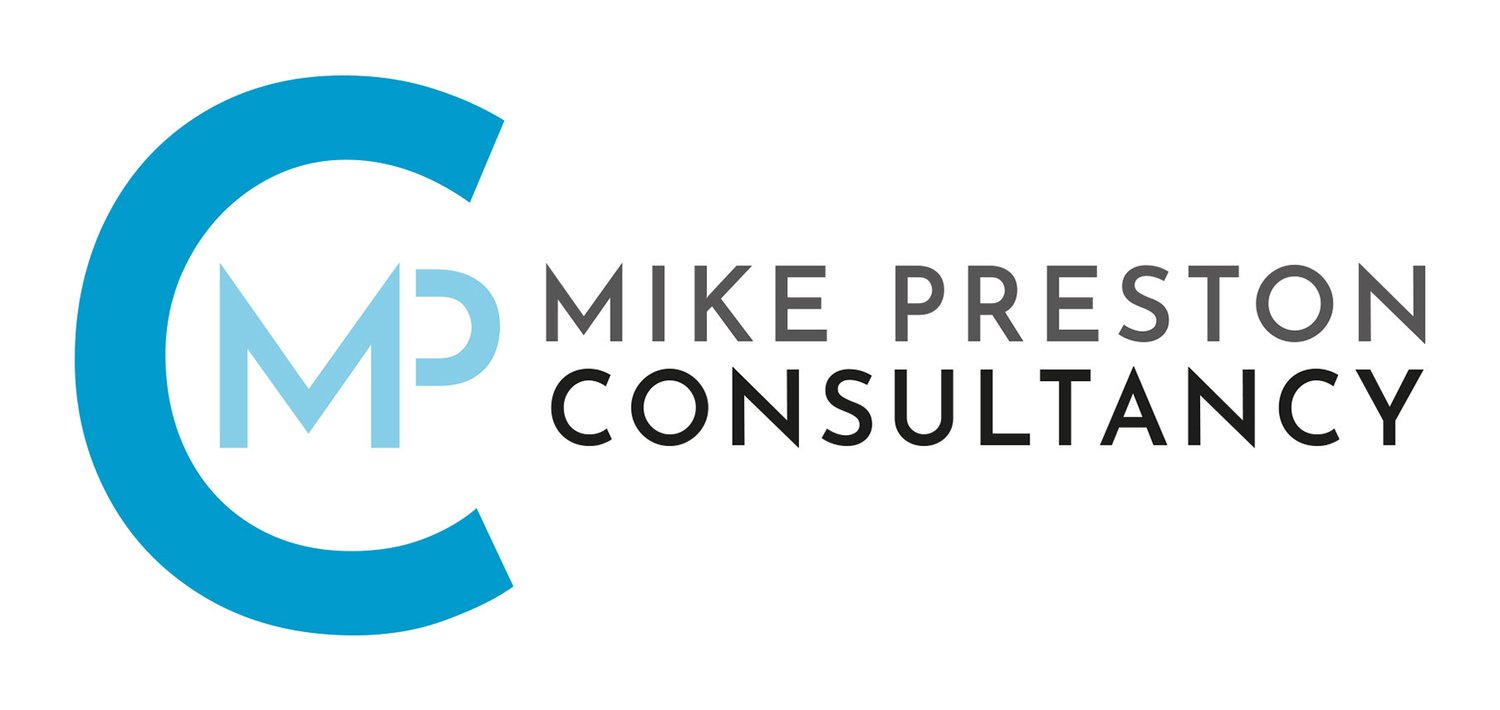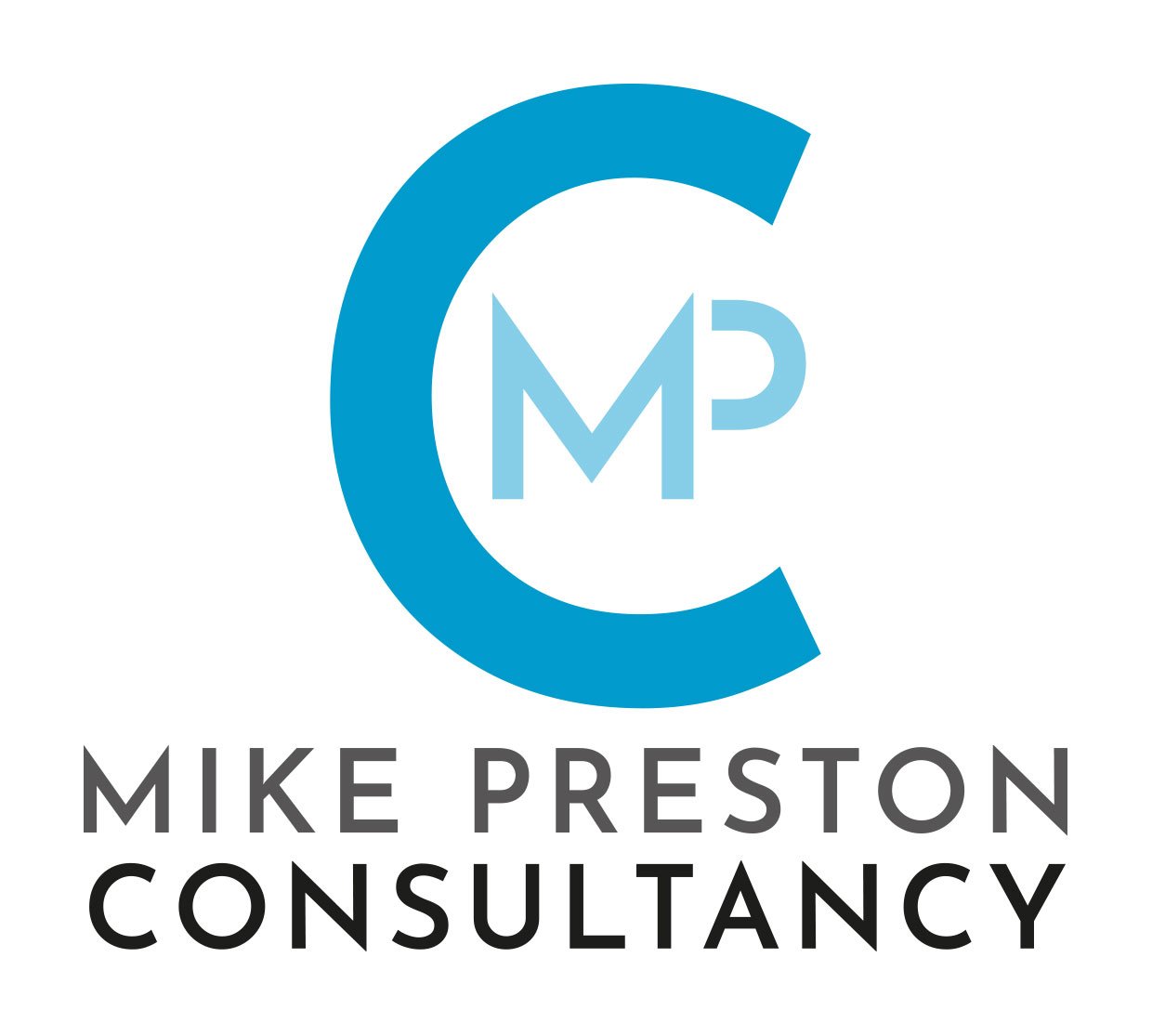What Actions Can Trustee's Take to Improve Governance?
Trustee Actions to Improve Charity Governance
Trustee actions form a powerful force to shape and improve charity governance. Trustee's actions are necessary to streamline operations, enhance transparency and financial management, and build a stronger, more respected and impactful organisation.
What Actions are Trustees Taking?
Developing A Clear Strategy
Trustees are making it a priority to develop clear strategic plans. They identify the charity’s goals and define how they will achieve them. This could involve organizing workshops, consulting with stakeholders, or hiring external advisors. Their focus is on setting out a roadmap that the entire organisation can follow.
Ensuring Compliance and Meeting Regulatory Standards
Trustees are ensuring charities follow all the necessary laws and regulations. They are sometimes playing a more active role in this, undergoing training in legal matters or employing compliance professionals. Being aware of legal requirements and ensuring adherence to them secures the charity's standing and helps avoid potential issues.
Implementing Good Financial Management
Trustees recognize the significance of fiscal responsibility. They are implementing robust internal controls and investing in expert financial advice. Through rigorous budgeting, financial planning, and timely reporting, trustees are making sure that charities spend donors' money wisely and responsibly.
Encouraging Transparency and Accountability
Trustees are pushing for increased transparency within their organizations to foster trust and credibility. They are initiating regular communication with all stakeholders and promoting a culture of openness. Additionally, trustees are holding themselves accountable for the decisions they make and the outcomes these produce.
Enhancing Board Diversity and Skills
Trustees are ensuring varied skills and perspectives on the board. They are advocating for diversity in terms of age, gender, ethnicity, and professional backgrounds. Bringing unique skills and differing viewpoints can stimulate innovative problem solving and foster a culture of collaboration and inclusivity.
Embracing Digital Transformation
Trustees are promoting technological adoption to increase efficiency and stay current. This could involve implementing digital tools for project management, building an online presence, or streamlining financial processes using relevant software. Technology also creates opportunities for more innovative methods of fundraising, publicity, and outreach.
Establishing Robust Risk Management
Trustees are implementing reliable risk management strategies. They are regularly identifying potential threats, assessing their impact, devising appropriate responses, and monitoring progress. Effective risk management can help secure the charity’s longevity and enhance its ability to serve its cause.
Promoting Continuous Learning and Development
Trustees are fostering a culture of continuous learning and development. They attend relevant workshops, seminars, and conferences to stay informed about the latest trends and best practices in charity governance. In addition, they are investing in training and development programs for staff as well.
In conclusion, trustees are taking significant steps to institute solid governance structures. They are enhancing their operations, improving financial stewardship, and fostering trust among stakeholders. Their actions are helping them tackle global changes, employ resources more smartly, and really make an impact. They are ensuring that the ship they are steering is moving in the right direction, keeping everyone on board safe and working together towards a common goal. And in so doing, they are ensuring charities are effective, trusted, and fulfilling their missions to the best of their abilities.


